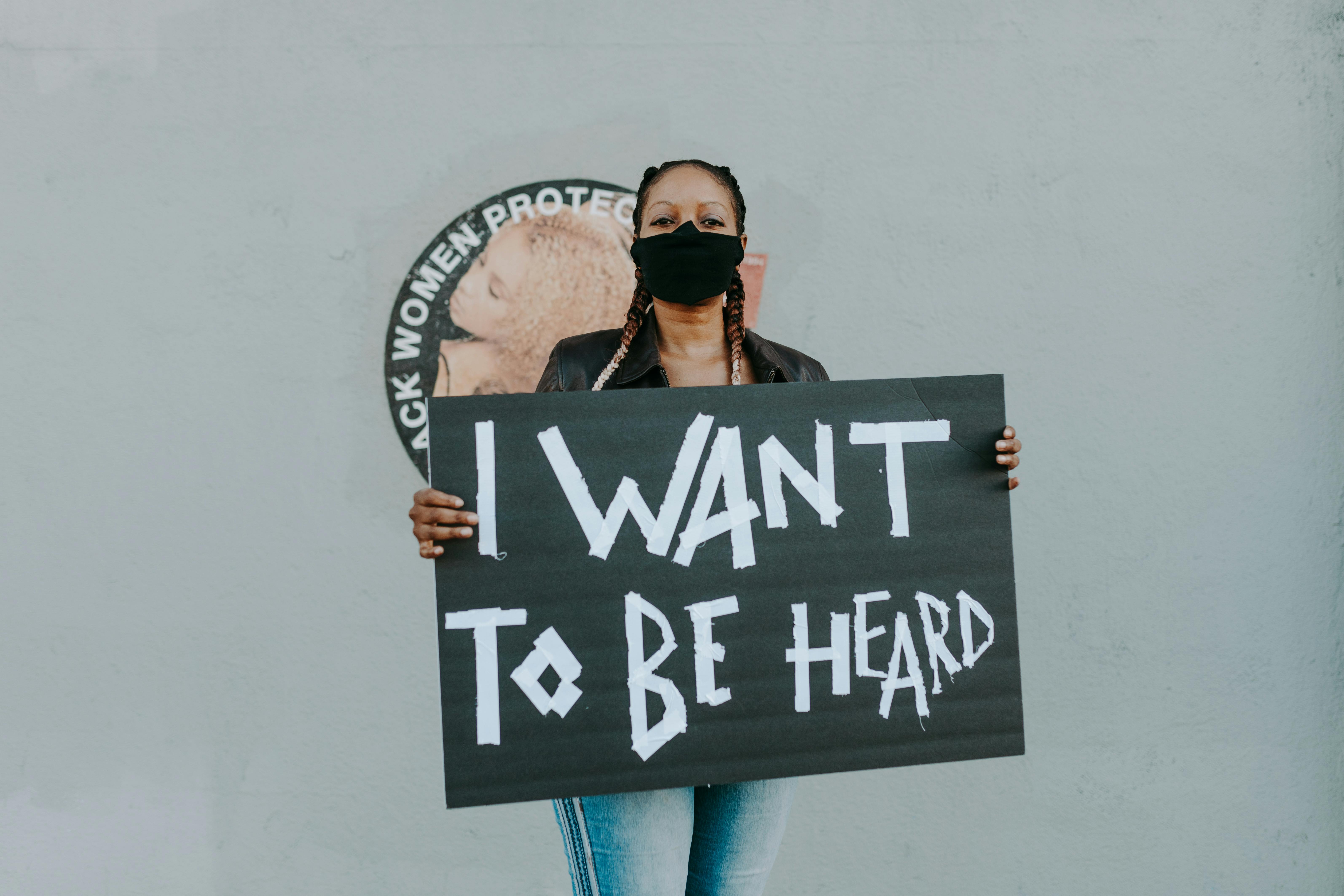‘Bitch: In Praise of Difficult Women’ by Elizabeth Wurtzel
Elizabeth Wurtzel’s ‘Bitch: In Praise of Difficult Women’ celebrates strong and defiant women, from the biblical femme fatale Delilah to the beloved Princess Diana and the notorious Courtney Love. Drawing evidence from literary scholars and theologians to empowered women portrayed in music, literature, and film, Wurtzel argues that society tends to devalue women who break the rules, diminishing their power and strength to sexual trickery and manipulative destruction. of men as a means of keeping them down, below men, below power. This book narrates and defends strong and virile women who have lived outside and beyond the prescribed rules that society inscribes on their bodies and individuality, and who have been punished for it, in one way or another.
A Harvard graduate and social commentator, Elizabeth Wurtzel’s prose is like poetry, not the whimsical, romantic kind expected of women, but a force to be reckoned with. He is neither romantic nor soft, but fine and intelligent, sometimes harsh and biting, but continuously informed and well researched. Wurtzel points out that historically, biblically, socially, and politically, she continues to blame women for the destruction of men. Like Eva, she continues the belief, women use beauty and sex to seduce and destroy men in power, men with strong determination. She argues that men should be responsible for their own demise. If women are weak and inferior and men are strong and superior, how can petite women have so much power over tough men? If men can fight wars and rule nations, then how come they cannot overcome the seduction of a lesser character, an inferior being. She argues that “this notion that women drag men with sex…is the basis of too much nonsense, it’s why rape victims aren’t named but alleged rapists are, which implies that the former, not the latter, he should be ashamed because she must have forced him to do it, she led him to commit a criminal act… Women don’t bring men down, for whatever reason, men bring themselves down , and then suddenly “(64) ).
This is a powerful book with an even more powerful message that articulates how feminine strength and power have been appropriated and misunderstood by male writers, theologians, and scholars. From the time of Eve and Delilah to the present, strong women have been viewed with negativity and ridicule, their power over men diminished to manipulative use of their beauty and sexual prowess, even if they weren’t beautiful or sexy to begin with; but the blame had to go somewhere for the fall of man, and of course man could not blame himself. It’s a great book with an empowering message to redefine the way we view female sexuality and female strength, and I highly recommend it to all women and girls who want to find their power and agency outside of the wiles of their femininity.
